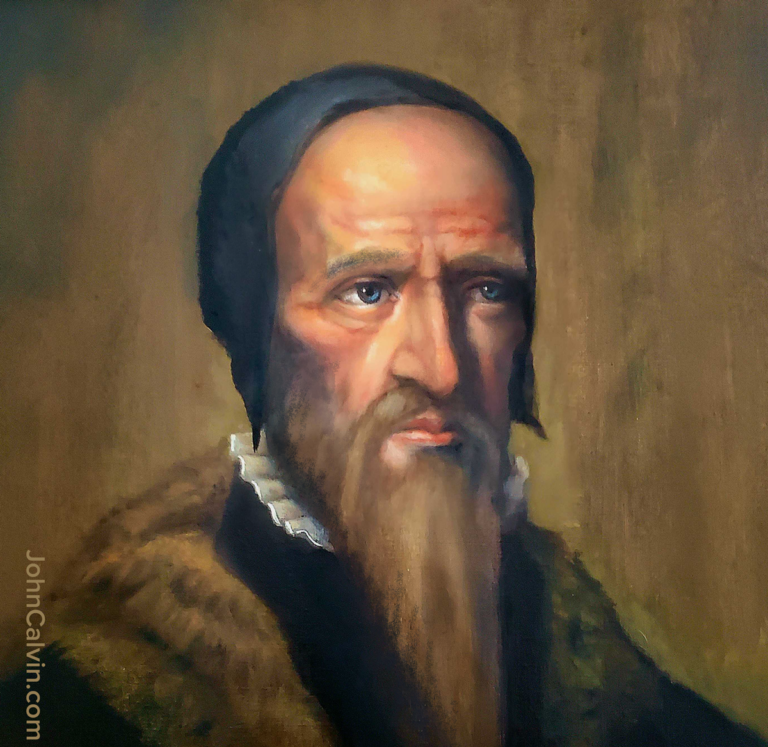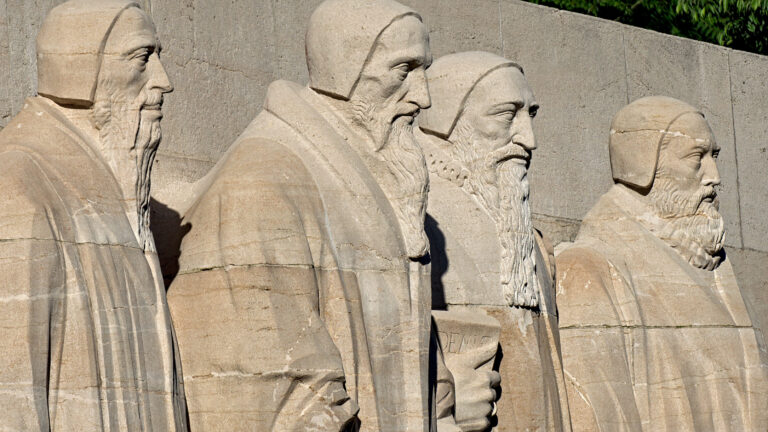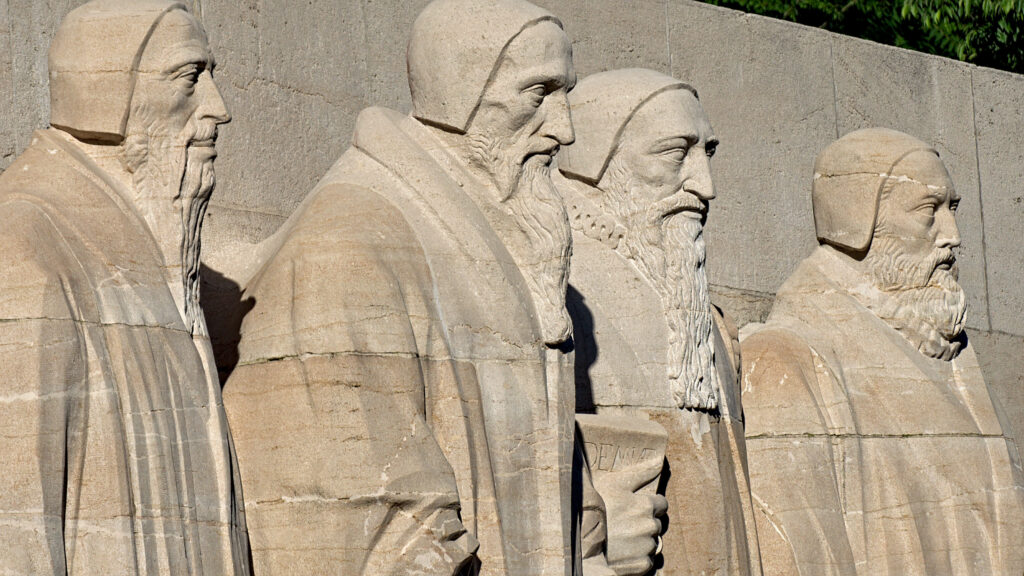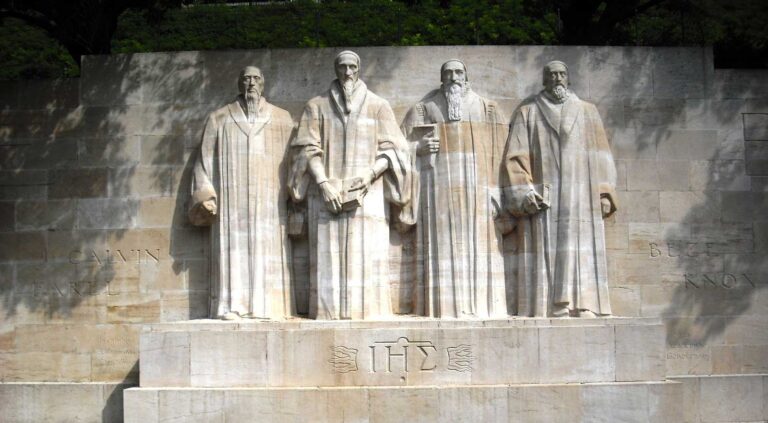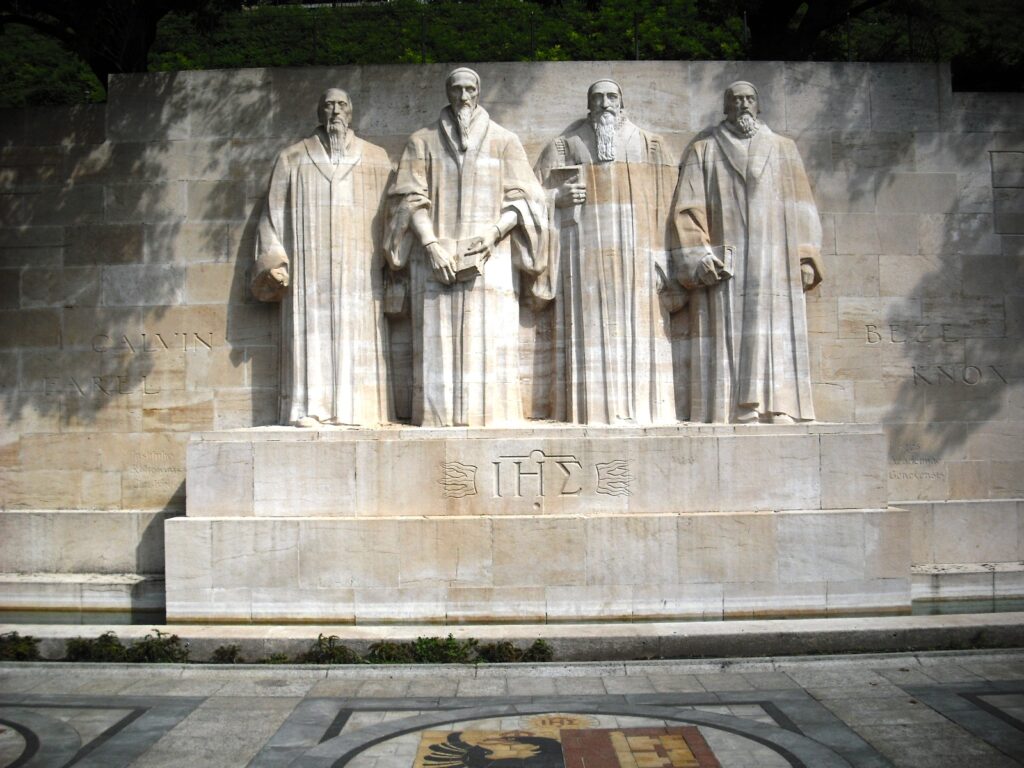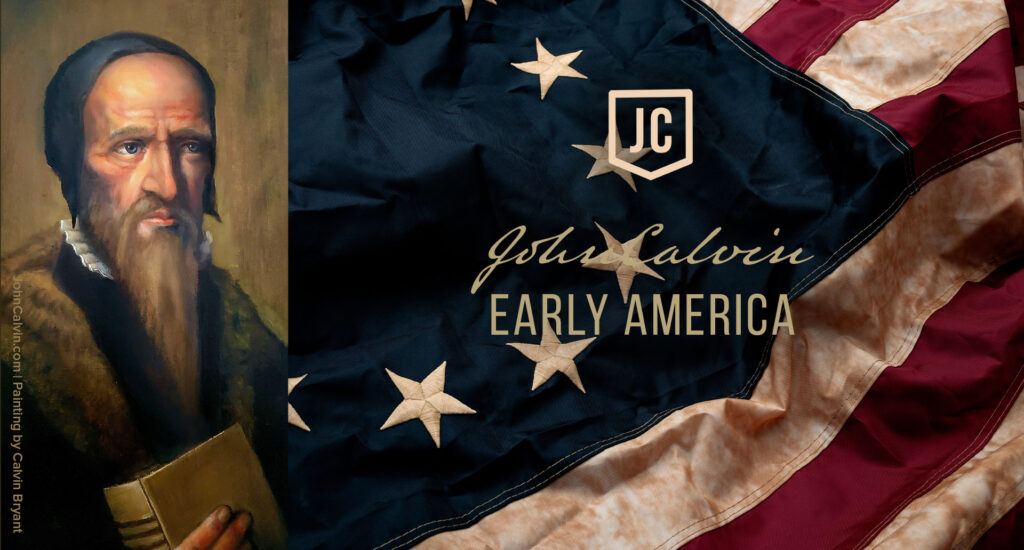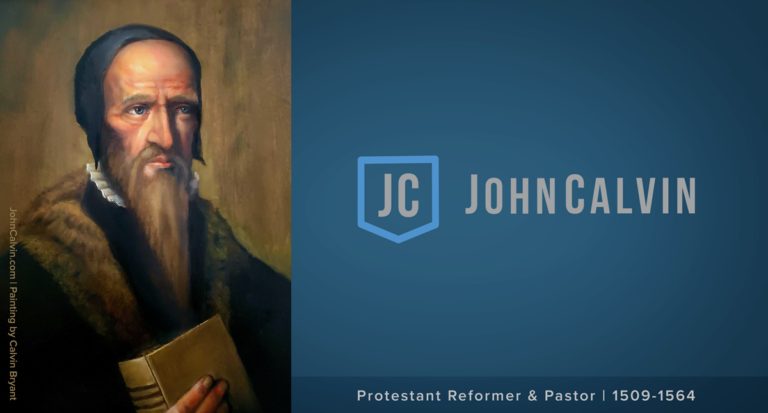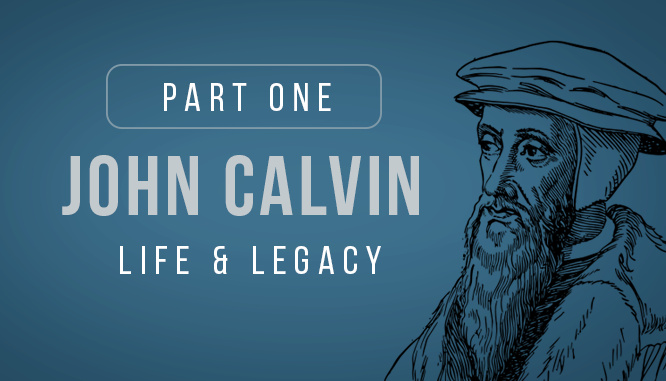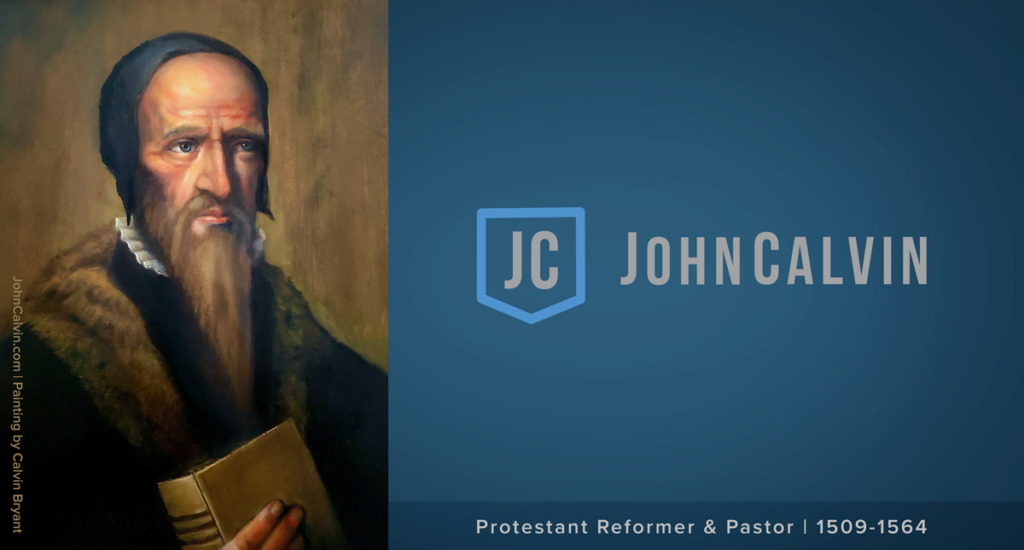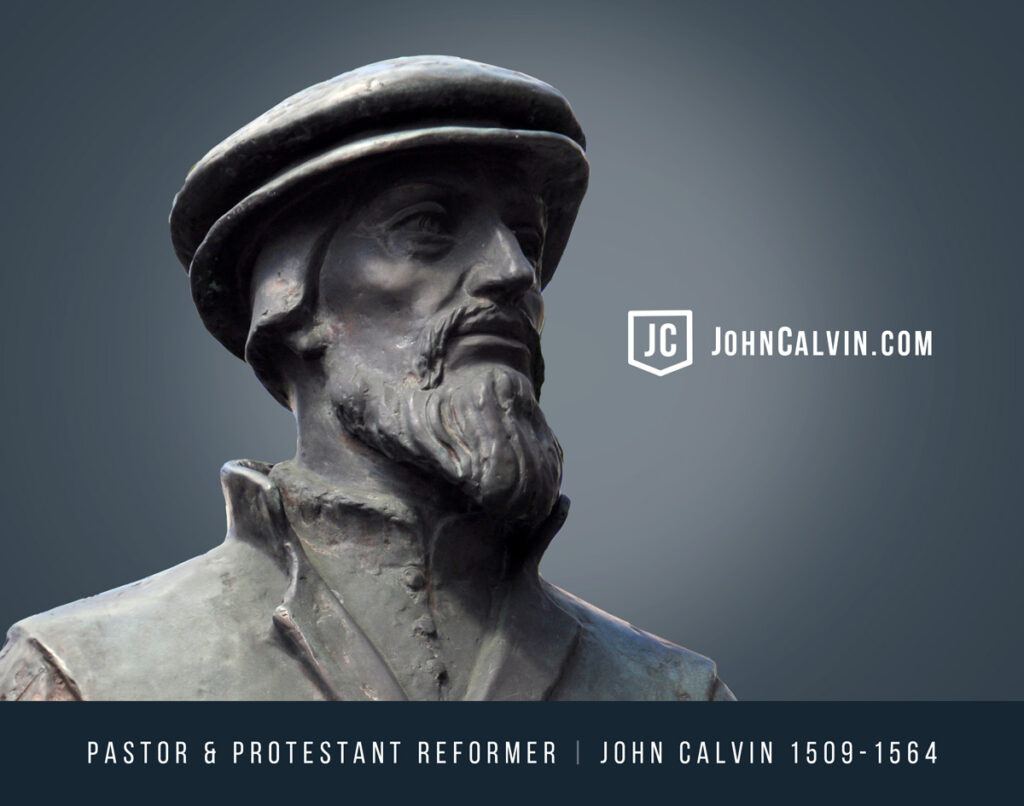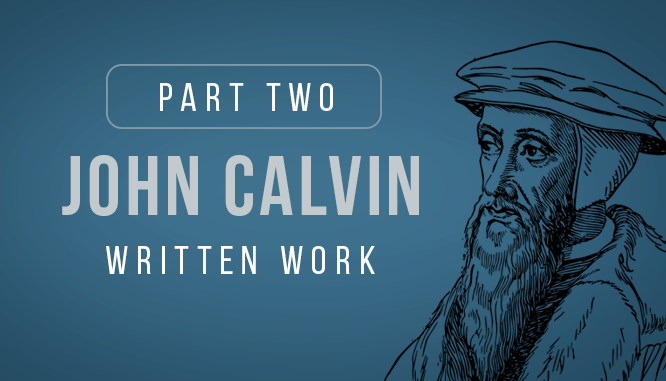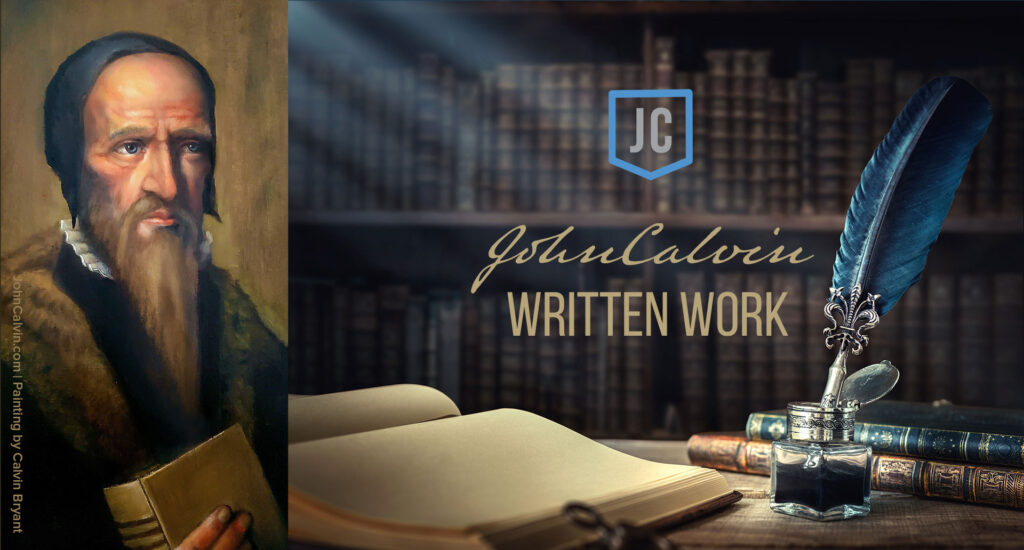How Did John Calvin Impact the Protestant Reformation?
John Calvin and His Impact on the Reformation
The Protestant Reformation, a monumental religious movement that unfolded during the 16th century, sparked radical changes to the then-prevailing Christian customs and beliefs. It marked the beginning of an intellectual and theological upheaval that called for the separation of the Church from the religious and political institution it had become under the Roman Catholic Church’s influence.
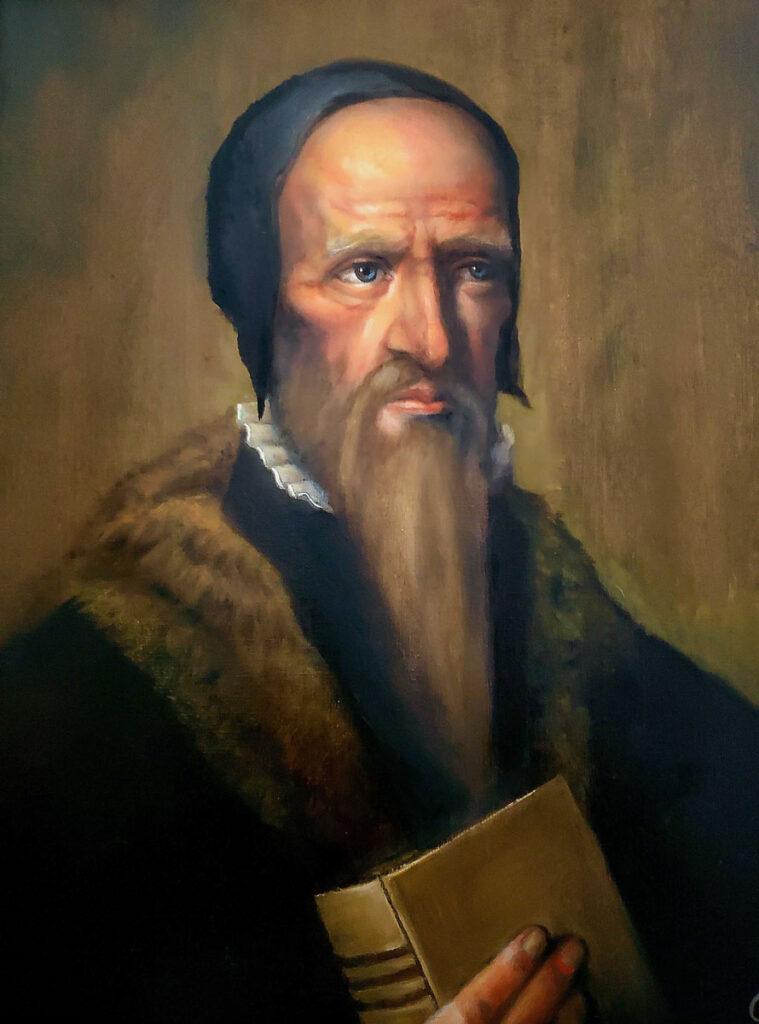
Within this storm of religious awakening, a significant figure emerged, impacting and shaping the Reformation from its very core: John Calvin. Known for his theological genius and unwavering dedication to religious reforms, he has etched his achievements in history as key drivers of the Reformation. How did John Calvin impact the Reformation, then? If you are one of those seeking answers, read along as we delve into Calvin’s key role in shaping its progression and his immense impact on the Reformation movement.
John Calvin: Early Life and Cultural Upbringing
John Calvin, born Jehan Cauvin on July 10, 1509, in Noyon, Picardy, in northern France, was a leading figure in the development of the system of Christian theology, later called Calvinism. His background is rooted in an influential family; his father is a lawyer, and his mother is a devout Roman Catholic. Calvin’s early years marked a strong religious and cultural upbringing, where his family groomed him for a career in the clergy from a young age. He received his ecclesiastical benefice at just 12 years old. He attended the prominent schools of Montaigu and Collège de la Marche in Paris, where he studied theology and acquired the education necessary for a successful career in the Roman Catholic Church.
Conversion to Protestantism
As Calvin continued his studies, he became exposed to the ideas of Renaissance humanism, which laid the foundation of Reformation thought. This exposure, coupled with an increasing disenchantment with the Church, eventually led to his conversion to Jesus Christ and away from the Catholic Church. It is believed that around 1533, Calvin experienced the sudden reality of saving faith through Jesus Christ, after witnessing the persecution of the growing Protestant movement in France by the Roman Catholic authorities. Feeling a divine call, he decided to break away from the oppressive practices of the Roman Catholic Church and devote his life to the reformation of the Christian faith.
This conversion marked a turning point in Calvin’s life, as he shifted his focus to advocating for the pure and true gospel of Jesus Christ, the Protestant cause, and elaborating on the doctrines of his newfound faith. His most notable work, “Institutes of the Christian Religion,” is a comprehensive guide to the tenets of Reformed theology and solidifies his reputation as an influential theologian of his time. Calvin’s early life and conversion laid the groundwork for his immense contributions to the formation and development of Protestant theology, which served as a cornerstone for the Protestant Reformation movement.
How Did John Calvin Impact the Reformation: His Contributions
Teachings and beliefs
John Calvin’s impact on the Reformation was both profound and lasting, with his religious teachings and beliefs shaping the course of events and ultimately leading to the establishment of Protestantism as a major world religion. Born in France in 1509, Calvin initially trained for a career in law before experiencing a religious conversion that set him on the path to becoming one of the preeminent leaders of the Reformation movement. Through his theological writings, particularly his seminal work, “The Institutes of the Christian Religion,” Calvin laid the groundwork for a distinct form of Protestantism that, over time, earned the name Calvinism.
Central to Calvin’s religious teachings and beliefs was the doctrine of predestination, which held that God had predetermined the fate of every human soul and that only a select few—the “elect”—were destined for salvation. This emphasis on the utter sovereignty of God and the inability of humans to work toward their own salvation through good deeds or religious observance set Calvinism apart from other strands of theology, which retained some semblance of the Catholic notion of merit-based salvation. Calvin also espoused the doctrine of salvation by grace through faith, the authority of the Scriptures, the Priesthood of the believer, and the complete separation of church and state. He emphasized the church as an independent and self-governing institution not subject to secular authorities’ control.
His role in the establishment of Protestantism
As a key figure in the Reformation, Calvin’s role in establishing Protestantism cannot be overstated. Not only did Calvin’s doctrines influence France, where he established a significant Calvinist following, but they also influenced other European countries, such as Switzerland and the Netherlands. Reformers in these countries embraced his ideas and laid the foundation for establishing national Protestant churches. Moreover, the spread of Calvinism to the British Isles had significant consequences for the development of English and Scottish Protestantism and the eventual splintering of Protestant denominations in the United States.
Calvin’s opposition to the Catholic Church was central to his theology. It fueled his desire to create a new, purified form of Christianity. The hierarchical structure of the Catholic Church, with its emphasis on human authority and the political power of the papacy, was anathema to Calvin, who saw such worldly pursuits as corrupting the true mission of the church. In its place, he advocated for a more egalitarian and decentralized religious community governed by a council of ministers focused on preaching the Word of God rather than accumulating power and wealth. In this way, John Calvin’s contributions to the Reformation not only helped to shape the foundations of Protestantism but also forever transformed the religious and political landscape of Europe and beyond.
How Did John Calvin Impact the Reformation: His Influence
The spread of Calvinism across Europe
John Calvin significantly shaped the Reformation, a pivotal movement that profoundly impacted the religious landscape of sixteenth-century Europe. The question of how John Calvin impacted the Reformation is answered through his lasting legacy of Protestantism, as he both deepened and expanded the theological foundation of the movement, subsequently giving rise to the spread of Calvinism. Calvin’s doctrines, characterized by their emphasis on the sovereignty of God, the depravity of human nature, and the predestination of the elect, resonated with a sizable portion of the European population, who found solace and resolved their spiritual anxieties in his teachings.
John Calvin’s impact on the Reformation contributed to the rapid spreading of Calvinism across the continent, particularly in regions such as Switzerland, France, the Netherlands, and Scotland. This solidified the movement’s influence on the social and political fabric of many European nations. Calvin established the Academy of Geneva in 1559, serving as a key catalyst for this expansion. The Academy functioned as a training ground for ministers who became well-versed in Calvinist theology and disseminated its principles across the continent.
Impact on Religion and Society
Another critical element of Calvin’s legacy was the establishment of the Presbyterian and Reformed churches, which further consolidated the position of the Reformation in Europe. Calvin’s ecclesiastical governance was grounded in a democratic structure that prioritized the rule of lay elders and advocated for the separation of church and state. This radical departure from the hierarchical structure of the Roman Catholic Church resonated with both the political elites and the common folk, thereby facilitating the widespread embrace of Calvinist churches.
Lastly, it is essential to examine the impact of Calvinism on religion and society as a whole. Undoubtedly, Calvin’s teachings played a vital role in shaping the culture of nations that adopted his theological doctrines. The emphasis on diligence, frugality, self-discipline, the centrality of education, and the acquisition of knowledge all contributed to a societal transformation that manifested in various facets, ranging from economic to political and social changes. John Calvin’s impact on the Reformation was undeniably far-reaching and multifaceted, effectively changing the course of European history and laying the foundation for modern Protestantism.
John Calvin’s Legacy and Historical Significance
The question, How did John Calvin impact the Reformation, is multifaceted. It has profound implications for both the historical evolution of Christianity and the broader trajectory of Western culture. As a primary architect of Protestant thought, and one of the most prominent defenders of the Reformation, Calvin’s legacy endures in numerous ways today. From his indelible thumbprint on the religious doctrines and practices of various Protestant denominations to the far-reaching influence of Calvinism on modern-day politics, culture, and society, it is clear that Calvin’s contributions to the Reformation have left an indelible mark on the world. Indeed, it is difficult to overstate the importance of Calvin’s thought in unfolding this seminal movement within the history of Christianity.
When examining the lasting impact of Calvin on religion and the Reformation, we must recognize the distinctive theological concepts he brought to the table. Among these, Calvin particularly broke ground with his emphasis on the importance of Scripture and predestination—the idea that God has eternally chosen who will be saved and who will be damned.
These core tenets, known as Calvinism, offered a strong counterbalance to the teachings of the Catholic Church at the time. They inspired many to break with the papal establishment and embark on new paths of religious devotion and expression.
Influence and Relevance in the World Today
The influence of Calvinism on modern-day politics, culture, and society is similarly profound. Calvin’s doctrine of the “priesthood of all believers—the belief that each individual has a direct line of communication with God and is therefore capable of interpreting Scripture for themselves—helped to pave the way for the rise of democracies and the decline of autocratic rulers. Many today still look to Calvin’s insistence on the importance of Scripture and his defense of religious freedom as foundational principles for a just and equitable society.
Even in today’s increasingly secular world, the continued relevance of Calvin’s teachings is difficult to deny. From the ever-evolving landscape of global Christianity to the ongoing debates and discussions surrounding the role of religion in public life, Calvin’s thought remains a touchstone for countless individuals and communities. As we seek to understand better how John Calvin impacted the Reformation and the legacy he left behind, we can see that he extended his contributions to the tapestry of human history far beyond the confines of religious doctrine. He shaped the very fabric of modern civilization in myriad ways.
Conclusion
As a leader of the Protestant Reformation, John Calvin forged new paths with his theological and political ideas, laying a solid foundation on which modern-day society was built. Throughout the text, we have delved into Calvin’s life and work, observing how his teachings on predestination, the sovereignty of God, and the priesthood of all believers shaped the fabric of the Protestant Church, influencing its central doctrines and ideals.
Upon reflecting on John Calvin’s impact, it is evident that his influence continues to resonate in today’s world, informing not only theological perspectives but also shaping political and philosophical debates on the roles of government, civil rights, and the importance of individual interpretation in religious practice. As one of the pivotal figures of the Reformation era, Calvin’s legacy has left an indelible impression on contemporary religious thought and societal formation, proving that historical events and their primary actors possess layers of meaning that extend well beyond their immediate contexts.
For those who wish to delve deeper, numerous resources detail Calvin’s life and contributions to the Reformation, as well as the wider implications for society. Several biographies and historical accounts provide in-depth information, while theological texts focus on his doctrinal contributions. Comparisons to other major reformers, such as Martin Luther and Huldrych Zwingli, also offer valuable insights into these religious leaders’ complex interrelations and lasting impact on the world.
Reflection
As we reflect on the significance of John Calvin, let us heed the words of the Savior, Jesus Christ, who proclaimed, “I am the way, the truth, and the life” (John 14:6). In our pursuit of knowledge and understanding, let us never lose sight of the ultimate source of wisdom and guidance. Let Calvin’s legacy inspire us to seek truth, embrace change, and follow the path illuminated by the light of Christ.
Take up the torch of the gospel of Jesus Christ, and let it illuminate your path. Embrace the call, driven by the words of Jesus: “Seek, and you will find” (Matthew 7:7). In learning more about John Calvin may we all draw closer to the God of the Bible he served.
